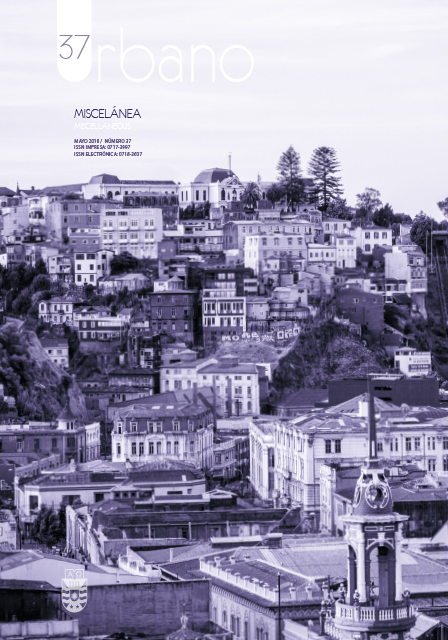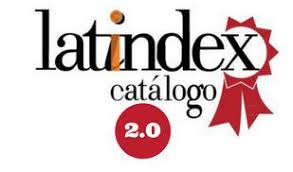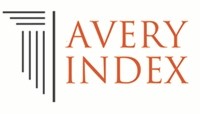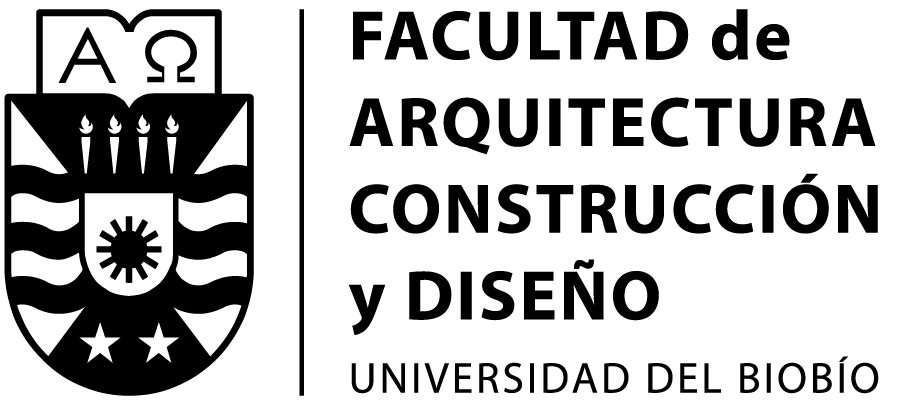Great challenges and the application of participatory tools in the planning of the informal city. The case of Makeni, Sierra Leone.
DOI:
https://doi.org/10.22320/07183607.2018.21.37.02Keywords:
informal city, Sierra Leone, strategic planning, urban renewal, participationAbstract
This article investigates the definition of planning models and management tools for cities with expansive growth and broad informal sectors using the experience of the city of Makeni, Sierra Leone as a case study. In an ongoing process over several years, the School of Architecture at the University San Pablo CEU (USP-CEU) has promoted participatory urban planning actions by providing technical experience through collaboration with the University of Makeni and the Makeni City Council. In the gradual advancement of knowledge about a specific reality full of challenges, urban proposals have been approached in two fundamental ways: on the one hand, through the development of a Strategic Spatial Plan for Makeni aimed at generating proposals for the city and its territory; and on the other, with the implementation of the Neighborhood Improvement Program focused on the existing city. On a local scale in the Makeni territory, notable results include: progress in the training and abilities of local university students, the generation of methodologies and basic planning tools, the strengthening of the municipal administrative cadres, and the involvement and increased awareness of the local population. At the global level, it is important to highlight the creation of a coherent and systematic framework, which can be replicated in other urban realities with similar characteristics. This contribution is especially appropriate in those disadvantaged urban contexts that, in their growth processes, face the greatest future challenge related to habitability at the global level.
Downloads
References
- PEREA MORENO, LUIS (2015), Hacia un análisis cuantitativo de la Ciudad Informal. Una aproximación desde la Habitabilidad Básica y la experiencia en Makeni, Sierra Leona. Tesis Doctoral UPM
- HD_LAB. Laboratorio de Habitabilidad y Desarrollo. http://hdlabceu.wixsite.com/hdlabceu
- GARCIA-FERNANDEZ, NATALIA; SALAS-RUIZ, ADELA (2014) Infraestructura Verde Urbana en Makeni. Arcadia III. Jornadas de Arquitectura y Cooperación. ETSAM-UPM.
- UN-HABITAT (2016) “Urbanization and development. World cities report,2016”, Nairobi, Kenya.
- OASE 82 (2010), Architecture and Planning in África, 19750-70, Rotterdam
- UN-Habitat. Participatory Slum Upgrading Programme
http://unhabitat.org/urban-initiatives/initiatives-programmes/participatory-slum-upgrading/
Published
How to Cite
Issue
Section
License
The content of articles which are published in each edition of Habitat Sustentable, is the exclusive responsibility of the author(s) and does not necessarily represent the thinking or compromise the opinion of University of the Bio-Bio.
The author(s) conserve their copyright and guarantee to the journal, the right of first publication of their work. This will simultaneously be subject to the Creative Commons Recognition License CC BY-SA, which allows others to share-copy, transform or create new materials from this work for non-commercial purposes, as long as they recognize authorship and the first publication in this journal, and its new creations are under a license with the same terms.![]()























